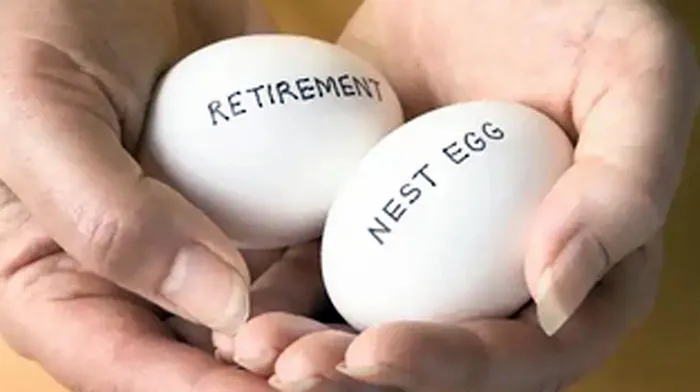Building a nest egg? Don’t eat the chickens

File Image: IOL
NICOLETTE’S NICKELS:
As a child born and having spent some of my childhood days in rural Bushbuckridge, I was accustomed to the irritating cluck of our chickens serving as a morning alarm. The chickens were never pets; they were food. Well, at least that's how my father positioned them every time we would forget one of the most important daily chores: locking the chicken pen every evening to protect "our food" from the local dogs. What I never fathomed was learning very crucial personal finance lessons from those chickens. Chickens, like every other livestock, make more chickens. They lay eggs, and if those eggs are well taken care of, they will produce chicks.
To grow your flock, you have to ensure that they do not die, nor are they eaten, whether as chickens or eggs. A financial term for a growing flock of chickens is compounding, and the chicks that hatch are compound interest. It sounds silly, but it's the reality of how the process works.
You have a hen and a rooster: they are your initial investment. The eggs the hen lays and the chicks that hatch from them are the interest. If you do not eat the interest, you begin to see growth in your flock. In personal finance, we call this earning compound interest: when interest earns more interest. Compounding is how savings and investments realise gains.
However, compounding will not work if you do not reinvest the interest earned from the original investment, also called the principal amount. You see, many of us will open an investment or savings account, and when allowed to reinvest the returns, we opt to withdraw.
This may be an option for those looking to get an income from their investments or savings accounts. It's counterintuitive and works against the principles of long-term growth of your money for the rest of us. Albert Einstein is reputed to have said: "Compound interest is the eighth wonder of the world. He who understands it earns it; he who doesn't pay it."
Let's break that down.
Earning compound interest
Let's use an example to paint a better picture. Say you are saving R1 000 per month for five years into a no-fees compounding savings account at an annual rate of 10%. In the first year, your return is 10% of R1 000, which equals R 100. In year two, the 10% return is not calculated on the R1 000 but on R1 100 and so forth for the remaining three years until your savings account matures.
The compounding process needs three ingredients to work well: a compounding interest-bearing account, time, and the process of reinvesting returns. Probably the most important is reinvestment. As you can see, it's best when compound interest is working in your favour, and you are the one earning it.
Paying compound interest
Compound interest and compounding can supercharge your savings and investments; however, compounding can also work against you, such as when high-interest credit card debt builds on itself over time.
Instead of putting away R1 000 a month into a savings account, you pay it into a personal loan of R10 000 where you are charged a 10% interest rate. Generally, your monthly repayment is calculated using the interest rate charged, 10% against the outstanding balance, in this instance R10 000. Because it is a compounding debt, the interest charged is added to the debt.
If you miss one payment cycle, you can see how the missed payment plus the interest charged will be added to the outstanding debt, and that's how compounding can work against you. That's why compounding is a powerful motivator to pay off your debts as soon as possible and start investing and saving your money early for a healthier financial journey.
Nicolette Mashile is the co-host of the SABC1 talk show Daily Thetha, an actress on Generations and the founder of Financial Bunny, a financial literacy platform. She has recently written a book, “What’s Your Move? A collection of ordinary financial lessons”.
PERSONAL FINANCE